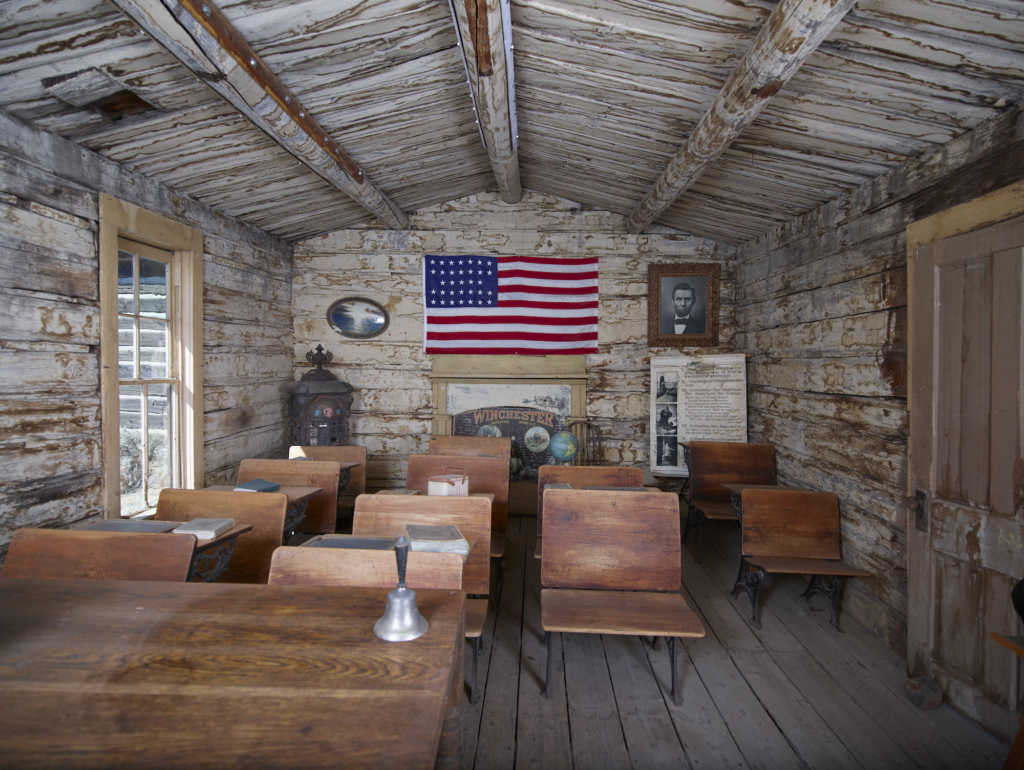We must learn from history, not cancel it
David Davenport
April 12, 2021

Originally published in the Washington Examiner.
Championship basketball coach Roy Williams of the University of North Carolina recently announced his retirement, saying he was “no longer the right man for the job.” People speculated on what he meant because he won a national championship only four years ago, but ESPN commentator and former coach Seth Greenberg doubtless got it right when he said it was the “business of college basketball” that drove him out. Greenberg said Williams got into the game not to make money but because he loved the game and wanted to mentor young men in basketball and life. Now, that is no longer the primary job of a college coach where millions of dollars are at stake.
This is a parable of life today in which everything is political.
You can’t have the baseball All-Star Game in Atlanta because Georgia passed a controversial voting rights bill. The game has been moved to Colorado, but has the MLB read its voting-rights policies? What state is pure enough in the politics of the day to host anything without a protest?
The goal of vaccinating as many people as quickly as possible against COVID-19 is now being reconsidered because of equity politics. School reopenings, United Airlines pilot training, and the teaching of American history are all now political questions. The writer Thomas Mann was right when he said, “Everything is politics.”
It is even more difficult today because everything is not just politics, but hyperpartisan politics. In this kind of world, people are saints or sinners; there is no in-between. There are no grays or complexities to work through. You are right or wrong; you win or lose. If we don’t like something you say or do, we simply cancel you.
It will be difficult to pull back from this moment, with all its fire and fury, but an important place to start is with our young people and their educational system. Young people must be taught to see the complexities and difficulties in history. We must see the mistakes in order to learn from them. If we topple every statue of a sinner and cancel everyone we disagree with, what will be left to learn? We are left then with only indoctrination, not learning.
An important place to start in educating young people is to cancel “presentism.” Presentism is the notion that we should look at everything, including history, through the lens of our present time and values. If leaders believed or practiced something that was widely done in their time, but violates our present sensibilities, they must be canceled. If they owned slaves in a time of slavery, we can no longer respect or even learn from them, presentism tells us. History is not to be learned from but to be judged and judged by today’s standards.
Instead, those who would study history need to travel back in time only after first checking their 21st-century glasses at TSA before they depart. They need to read history in the context and values of their time in order to understand the real debates. The Ashbrook Center in Ohio does a marvelous job at this, training and retraining teachers to teach history using primary documents. Students are challenged to read debates and speeches of the day to understand what was really going on. Besides resisting presentism, this kind of study engages students far more than boring textbooks and prompts them to learn more.
We must learn from history, not cancel it. Only when we understand the grays and complexities of life, both then and now, will we be able to improve it.
David Davenport is a research fellow at the Hoover Institution and a senior fellow at the Ashbrook Center.

